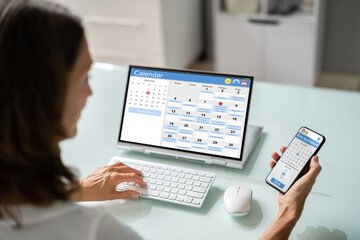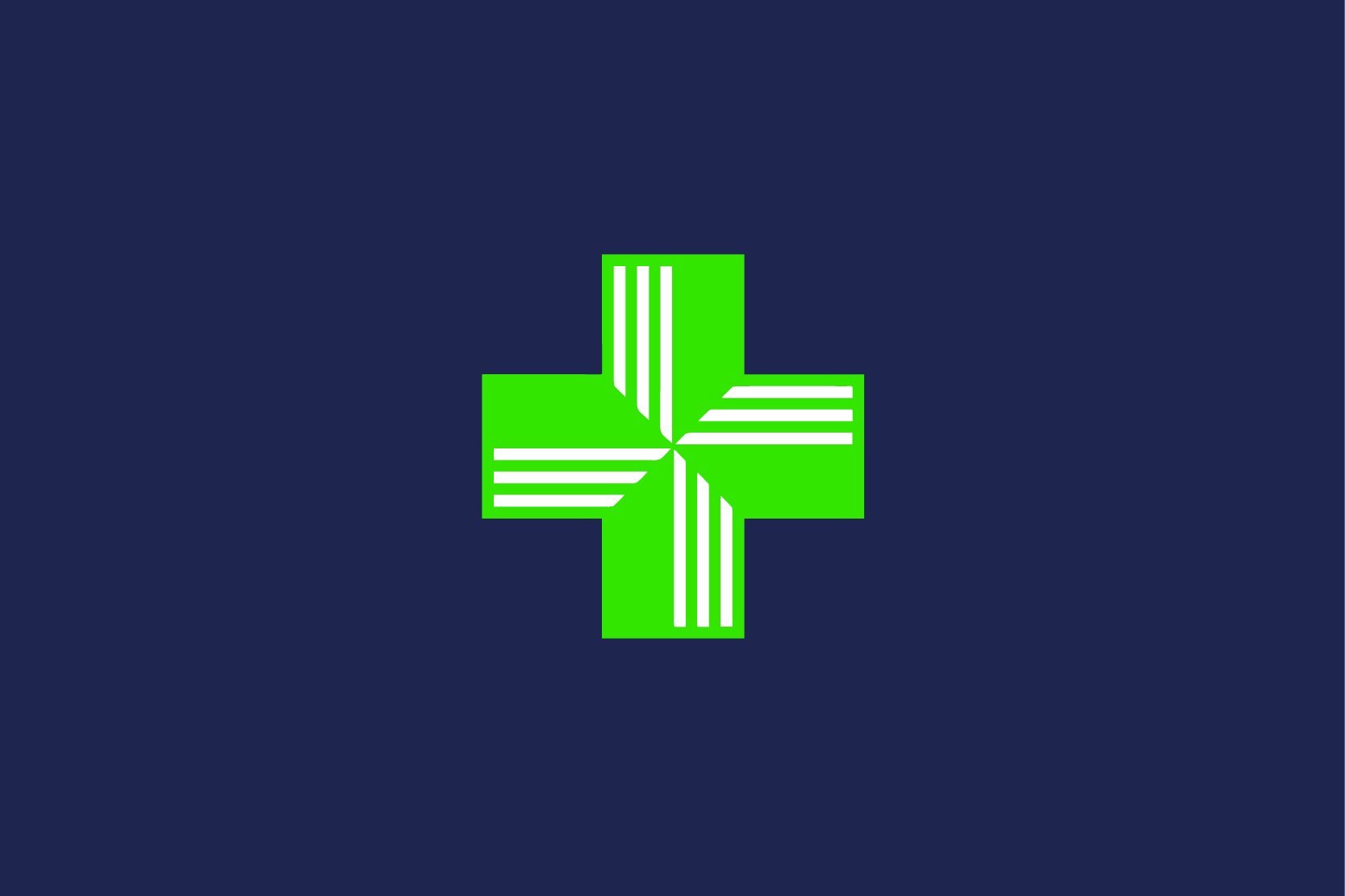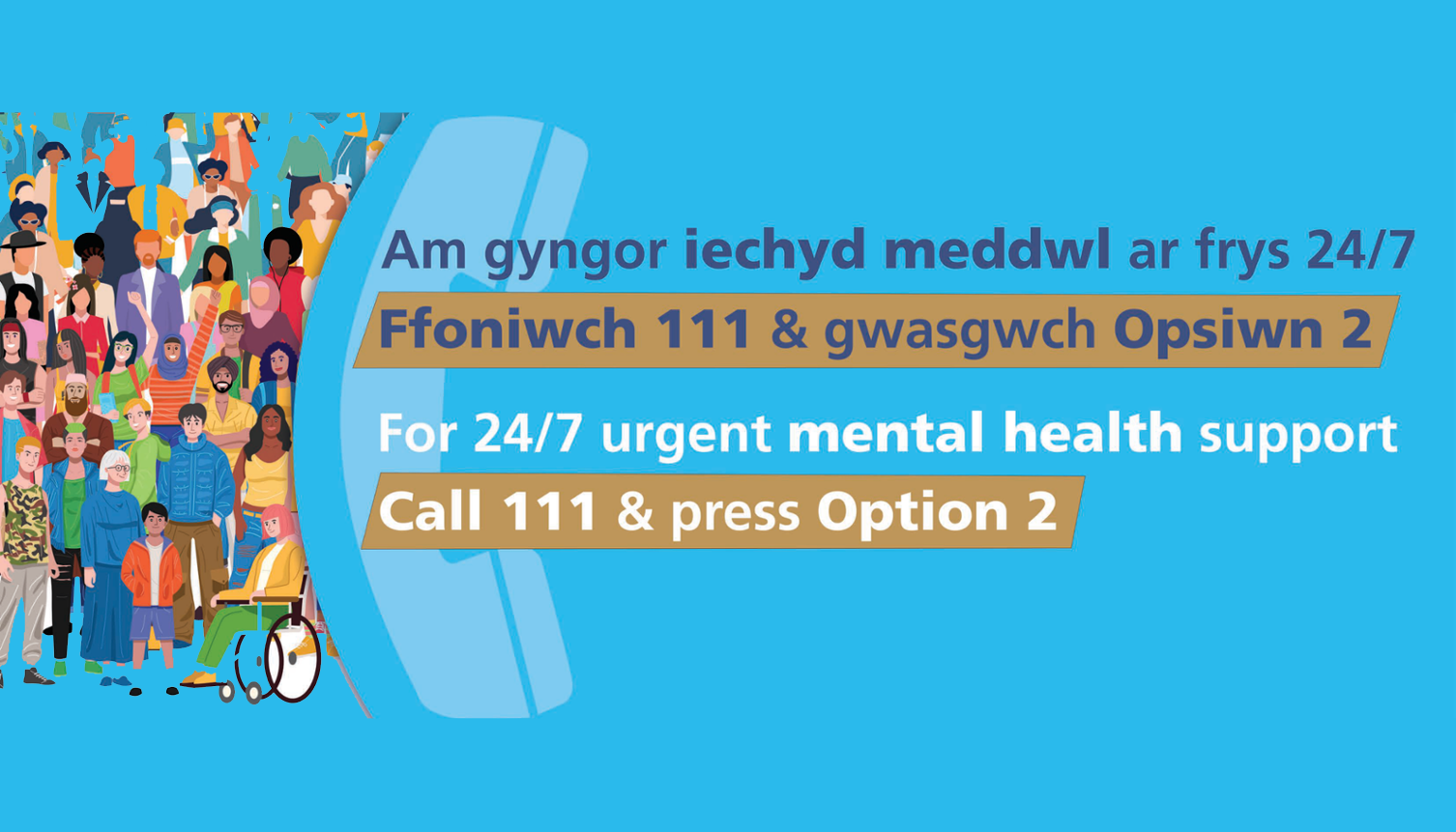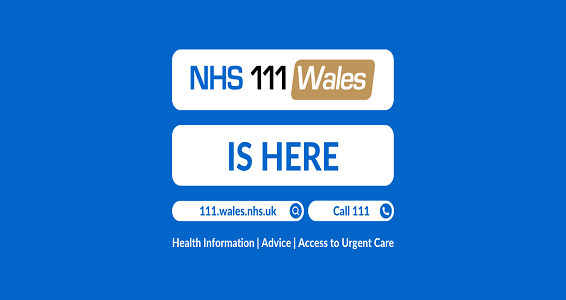How can we help?
-

Self-Help Hub
This hub serves as a centralised platform where you can discover and utilise various tools, information, and support systems to manage your health and well-being more independently.
-

How to make an Appointment
Click here to find out how to book an appointment
-

Medication Requests
Use this link to order Repeat Medication. If you do not currently have an online account , you can register here
-

I have an admin Request
Contact us about an administrative query and update your contact details
-

Common Ailments Service
Get a consultation and free treatment for 27 common conditions at your local pharmacy
-

Urgent Mental Health Support - 24 hours a day, 7 days a week
We’re here 24 hours a day, seven days a week – offering urgent mental health support to people of all ages
-

Promoting healthy behaviours
Understand the drivers of unhealthy behaviour and make healthy choices.
-

Help Us to Help You
From pharmacists to minor injury units and mental health helplines to online consultations, there are many ways to access the NHS in Wales. Find out more here
-

Health Resources
Find advice for conditions like back pain, coughs, headaches & more and access our video library.
Surgery Details
Ty Elli Group Practice

Door Opening Times (except Bank Holidays)
| Monday | 08:30 - 18:00 | |
|---|---|---|
| Tuesday | 08:30 - 18:00 | |
| Wednesday | 08:30 - 18:00 | |
| Thursday | 08:30 - 18:00 | |
| Friday | 08:30 - 18:00 | |
| Weekend | Closed | |
Phone Opening Times (except Bank Holidays)
| Monday | 08:00 - 18:30 | |
|---|---|---|
| Tuesday | 08:00 - 18:30 | |
| Wednesday | 08:00 - 18:30 | |
| Thursday | 08:00 - 18:30 | |
| Friday | 08:00 - 18:30 | |
| Weekend | Closed | |
Branch Surgery Details
Machynys Medical Centre
Door Opening Times (except Bank Holidays)
| Monday | 09:00 - 13:00 | 14:00 - 18:00 |
|---|---|---|
| Tuesday | 09:00 - 13:00 | 14:00 - 18:00 |
| Wednesday | 09:00 - 13:00 | 14:00 - 18:00 |
| Thursday | 09:00 - 13:00 | 14:00 - 18:00 |
| Friday | 09:00 - 13:00 | |
| Weekend | Closed | |
Phone Opening Times (except Bank Holidays)
| Monday | 08:00 - 18:30 | |
|---|---|---|
| Tuesday | 08:00 - 18:30 | |
| Wednesday | 08:00 - 18:30 | |
| Thursday | 08:00 - 18:30 | |
| Friday | 08:00 - 18:30 | |
| Weekend | Closed | |
Other links
- Need Help Getting Online?
- Weight management service
- Lung Cancer Symptom Assessment Line
- We want to improve the way you can access services in your GP Practice
- Veterans Wales - NHS - Helping Veterans Getting Back On Track With Their Lives
- Ultimate List of Mental Health Support
- Complaints Procedure
- Confidentiality & Management of Records
- Book a Blood Test Online

